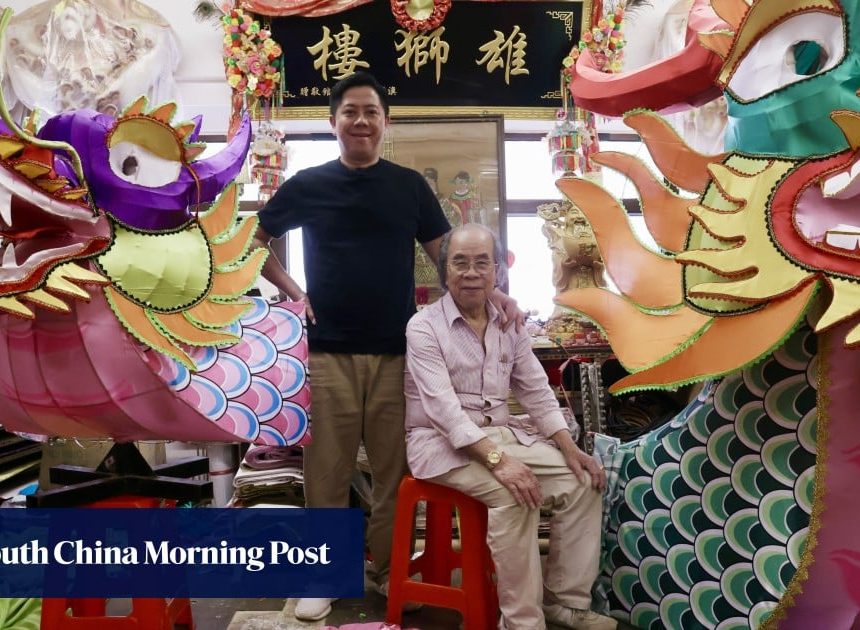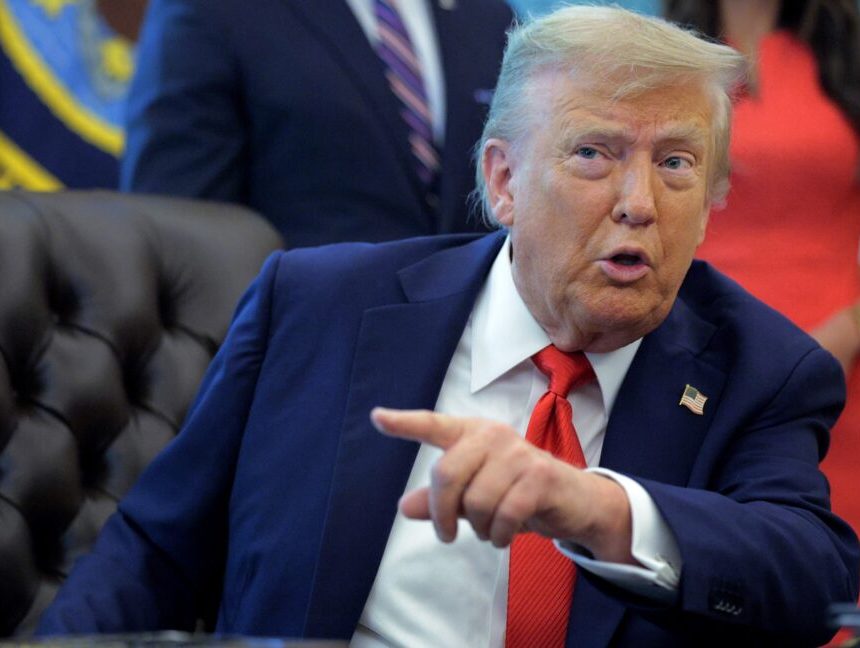It has all the makings of a gripping spy novel.
Two young men accused of passing secrets to China, who vigorously protest their innocence, are swept up in a swirling political intrigue with a shadowy semi-mythical figure (in the shape of veteran Downing Street national security adviser Jonathan Powell) at its heart. Yet the story dominating domestic headlines as MPs returned from recess this week is not fiction, or at least not entirely.
Why was the prosecution of Christopher Cash, a researcher for parliament’s China Research Group, and his teacher friend, Christopher Berry, dropped so close to going to trial? The speaker of the Commons, Lindsay Hoyle, took the unusual step on Monday of expressing both his anger at the decision, and his fear that parliament was not being properly protected from foreign interference. For days the current government and the last one have been blaming each other for failing to designate China a threat to national security, without which step, the director of public prosecutions has said, the trial could not go ahead, and it’s likely the Official Secrets Act will now be overhauled. But underneath it lies the much more awkward question of how far small countries desperate for inward investment dare risk offending a rich superpower, even when it is sometimes working actively to subvert them.
When the likes of former national security adviser Mark Sedwill or former head of Secret Intelligence Service John Sawers line up alongside MPs to express bafflement that the evidence against Cash and Berry wasn’t tested in court, what you’re hearing is snatches of a decade-long argument conducted mostly behind the scenes about the risks of becoming beholden to an autocracy that represents both threat and opportunity.
But high geopolitical concerns aren’t the only reason Westminster is obsessed with this case. Politically speaking, it’s turning out to be a tremendous stick with which to beat Powell, who after Morgan McSweeney – himself now badly weakened by recent dramas – is the man on whom Keir Starmer probably relies more than any other in Downing Street to stop the wheels falling off.
The one acknowledged bright spot of Starmer’s year in office has been his command of foreign policy, which owes a fair bit to Powell’s decades of experience first as a diplomat and then as a chief of staff to Tony Blair. Now that Peter Mandelson, another survivor of that era, has once again been sacked in disgrace, it’s Powell who most obviously embodies the lingering influence of the old Blairites over a Starmer government some suspect of trying to remake in their image. (The praise heaped on Powell this weekend by Donald Trump’s special envoy, Steve Witkoff, who credited his “incredible input and tireless efforts” to secure a Middle East peace deal, unfortunately doesn’t help the impression of the old team quietly calling the shots, given the suggestions that Blair could play a prominent role in overseeing the rebuilding of Gaza.) This weekend’s spate of anonymous ministerial briefings against Powell – accusing him of being too soft on China – suggests some now feel emboldened to attack.
after newsletter promotion
The official and categoric Downing Street line is that the government didn’t intervene to get the Crown Prosecution Service to drop the case, and that while Powell discussed the spying allegations at a Whitehall meeting last month, he played no part in the “substance or the evidence” of the case. His critics will retort that that wasn’t really the charge, but since nobody can seemingly specify exactly what the charge is – beyond Powell having a level of influence within No 10 that might or might not be a bad idea depending on your political stance – it is difficult to rebut. Enter a Tory opposition that despite giving every appearance of being dead and buried can still run a surprisingly effective attack operation, as it did last month over Angela Rayner’s stamp duty woes, and is now crying cover-up – a charge more incendiary than it used to be, in an age when conspiratorial thinking is rife. Knowing where the bodies are buried over China policy is easier when you have some experience with a spade, as previous Tory administrations certainly do.
It was George Osborne as chancellor who first steamrollered over opposition within his own cabinet to announce a new “golden era” of deals with China. Theresa May’s cabinet privately agonised over whether to let the Chinese company Huawei supply key parts of Britain’s 5G mobile phone network, losing a defence secretary in the process (Gavin Williamson was sacked for allegedly briefing a journalist about the discussions). Rishi Sunak, who had to deal with the fallout from Chinese hackers targeting the Electoral Commission, plus anxieties about the influence of Chinese-owned TikTok, went so far as to call China the “greatest state-based threat to our economic security”, but refused pleas from senior Tories to formally designate it an enemy.
Now it’s Keir Starmer’s turn to muddle through an excruciating dilemma that none of his predecessors solved, in an era where it’s even harder for beggars to be choosers: one where money is tighter, economic growth is more crucial to helping Labour see off the threat from Reform, America is no longer a reliable ally and Beijing is watching beadily to see how much Russia gets away with in Ukraine, while Chinese and Russian hackers pose an increasingly existential threat to British businesses. An era, in other words, where a novice prime minister could easily go under without wise counsel. The next few days should determine whether Starmer can hang on to his.


